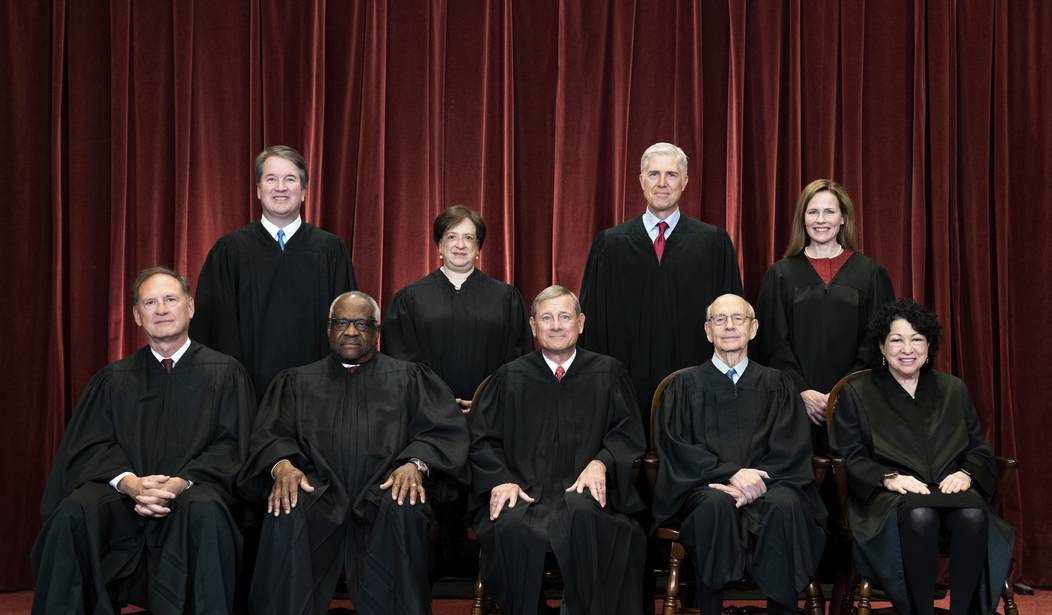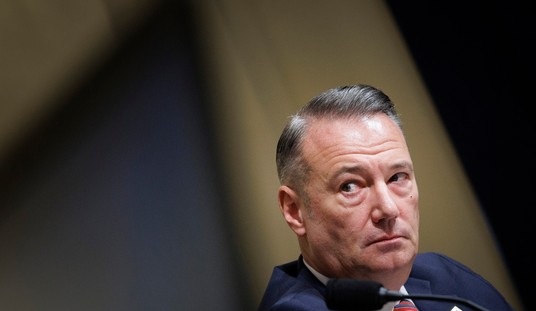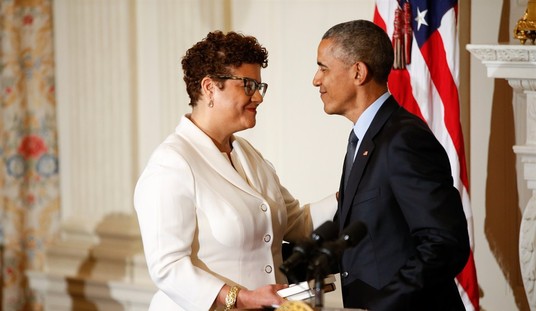First abortion, and now this? John Roberts would turn over in his grave if it weren’t for the fact that he’s very much alive. The Supreme Court will hear challenges to a decades-long practice of affirmative action in private and public colleges after appellate courts quashed claims against both:
The Supreme Court agreed Monday to hear challenges to the admissions process at Harvard and University of North Carolina, presenting the most serious threat in decades to the use of affirmative action by the nation’s public and private colleges and universities.
Despite similar challenges, the court has repeatedly upheld affirmative action in the past. But two liberal justices who were key to those decisions are gone — Anthony Kennedy and Ruth Bader Ginsburg. Their replacements, Trump appointees Brett Kavanaugh and Amy Coney Barrett are conservative and considered less likely to find the practice constitutional.
In the latest case, a group backed by a longtime opponent of affirmative action, Edward Blum of Maine, sued Harvard in federal court, claiming its undergraduate admissions system discriminated against Asian-American students. Lower courts ruled that the school’s limited consideration of race was a legitimate effort to achieve a more diverse student body.
The second case involving UNC makes a compelling argument that state-based institutions should refrain from using race in any process:
In the second case, the group alleges UNC refused to use workable race-neutral alternatives to achieve the stated goal of a diverse study body.
“Public schools have no legitimate interest in maintaining a precise racial balance,” the group wrote in its brief to the court. “The same Fourteenth Amendment that required public schools to dismantle segregation after [Brown v. Board of Education] cannot be cowed by the diktats of university administrators.”
That the Supreme Court has agreed to hear the cases is widely seen as an indication that the court could be willing to revisit its precedents on affirmative action and end the use of racial classifications in admissions altogether.
Am I being too tough on Roberts? ABC notes that Roberts has been critical of affirmative-action programs in the past:
Chief Justice John Roberts has been among the most outspoken critics of affirmative action, famously declaring in a 2006 opinion, “It is a sordid business, this divvying us up by race.”
He and many of the court’s other conservatives have long argued that the best way to root out discrimination on the basis of race is to not permit discrimination on the basis of race.
Yes, but Roberts hardly seems enthusiastic about taking on such questions lately. He appears more interested in shifting away from hot-button issues, although to be fair, Roberts more or less dared someone to directly challenge Roe rather than nibble at its emanations and penumbras. That produced Dobbs and the latest freak-out from progressives, and a negative ruling on affirmative action would send them into orbit. Although it might benefit them as well; as I’ll note in an upcoming post, black voters have grown unenthusiastic about Joe Biden and look ready to check out of the midterm election cycle.
That brings up an interesting question: when exactly will the court hear the case? ABC believes that arguments will take place quickly and a decision will come in this term:
The cases join a blockbuster series of issues on the Supreme Court’s docket, including gun rights and abortion. It will likely be scheduled for oral argument this spring and decided by the end of June.
That’s not a certainty. CNN reports that it will get scheduled for the next season, putting a decision after the election:
The justices said they will hear challenges to policies at Harvard and the University of North Carolina that use students’ race among many criteria to decide who should gain a coveted place in an entering class.
The cases would be heard in the session that begins next October, with a decision likely by June 2023.
The Associated Press also reports that the cases will likely come up next term, which makes more sense than rushing into it now. It will take significant time for all sides to prepare their briefs and arrange amicus submissions, and the court will not want to get rushed into their deliberations and their opinion-writing either. This will likely be a historic ruling whichever way it goes, and it would not be surprising to see a number of opinions issued at the end of this challenge.
Batten down the hatches, though. When this drops, it will have a massive impact on politics, and all of its ramifications won’t be clearly seen for months afterward.








Join the conversation as a VIP Member